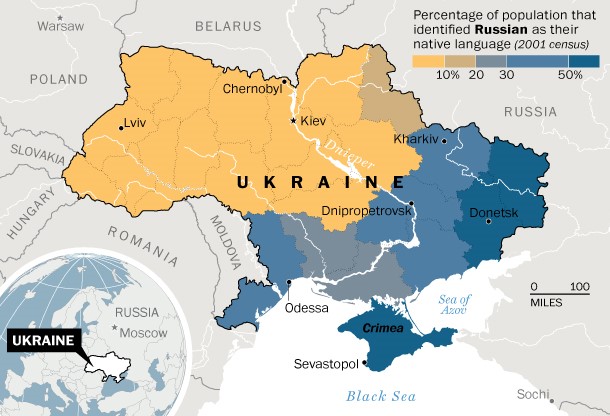For many, the most recent mention of secession, was the oddly sensationalized stories of states such as Texas, petitioning to secede from the United States of America. History brings to recollection the American Civil War, a costly and divisive conflict in the country that all sprung up from the federal reaction to secession and the attempts to secure the states within the Union. This country’s history has a tough record on the right to secede. Secession itself is a bit of a strange concept, and based on its history, it has a bad rep, but why? Why is it that the countries or states denying the right of secession are not seen as the aggressors and instead carry so much support and justification? How is a government denying the right of an oppressed group to secede any different from a jealous lover, refusing to let go and forcing the other into an abusive and restrictive relationship? Secession does see an unfair judgement, and though it seems like a misplaced relic from history, it can be updated and applied effectively to change politics and interactions between people and governments for the better.
The most current reference to secession sees the Autonomous Republic of Crimea, a state entity within Ukraine, threatening to break off and join the Russian Federation. Ideally, and with the greatest meaning to their action, Crimea would show more independence and usefulness in secession from the Ukraine by not joining Russia, but instead forming their own separate state altogether; however, the people of Crimea do show a valuable technique in trying to break away from the Ukraine. The action is based on a referendum vote, though there is challenge to credibility based on the varying views of the legitimacy of the current Ukrainian government.
The idea of secession and dividing sovereignty is a delicate one, because there are few cases where it has occurred without some level of controversy; however, secession was a thought that grew up in America alongside the constitution. The original founding document for establishing our nation, the Articles of Confederacy, recognized each of the states as sovereign, “free and independent” in Thomas Jefferson’s words. The constitution changed the thoughts of legality on secession, however, it still retained a mentality of consent of the governed. The states of Rhode Island and New York both claimed a right to “resume the governmental powers they granted to the United States,” and in nowhere within the document was it stated that the states are permanent members of this union.
The concept of the “consent of the governed” brings up an interesting concept. It doesn’t so much apply to the United States as it should seem to apply to any nation, government, or group of people. A government should, theoretically, be comprised of people who consent to being a part of their government and having their government represent them, as in a Republic or representative democracy. Therefore, when a people feel that there government does not represent them, as the people of Crimea feel the Ukraine fails to do, or the people of Scotland feel that the United Kingdom fails to do, then they should have to right to “revoke” that consent. In keeping with the idea of consent, if there are violations or failures to represent properly, any person or group of people should have a right to feel that they can separate from an entity of abuse. In this way, Crimea fails to perhaps fully secure itself to better guards, by immediately joining on to Russia after leaving the Ukraine, but they do offer an interesting idea in the notion of deciding their association.
Perhaps it was entirely within the idea of the founding fathers, as well as many other founding members and framers of new, liberal and free, representative governments, that this ability to influence voluntary association, and thus affect a whole country’s definition of sovereignty, could be used positively, rather than divisively or controversially. Perhaps it was the original, and arguably more effective view of secession, that it could be used as a way to influence politics and allow citizens to advocate for themselves, much like voting. Secession is, in essence, no more than voting with one’s feet. A person, a group, a county, a city, a state, anyone could show their government that they do not agree with the way things are being done, and use the leverage of their consent to keep governments answerable to the people and responsive to the plight of citizens, rather than allow party politics and backdoor deals to shape law and governance.
With the recent secession of Crimea from the Ukraine, as well as the upcoming referendum in Scotland in September to vote on whether or not to separate from the UK, the idea of secession in general might be given new context and maybe even stand a chance as legitimate political balance in favor of the citizenry. It will be interesting to see how the world powers, especially, Russia, the UK and the USA, as well as the number of western democracies in opposition of Crimea’s recent action, react to the events. Shouldn’t it make sense in a nation founded through secession? Shouldn’t it make sense in any government based on representation and the consent of the governed, that its people might break away, in the best case of necessity, or the worst case of abuse by those in power?










